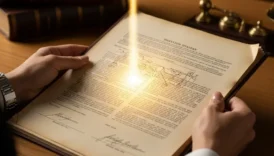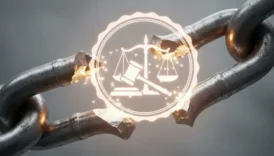What Is Legal Caveat Emptor?

Introduction
In contract and property law, one of the oldest principles guiding transactions is caveat emptor, a Latin phrase meaning “let the buyer beware.” It places responsibility on the buyer to examine goods or property before making a purchase.
Plain Definition
Caveat emptor is a legal doctrine that holds buyers responsible for checking the quality and suitability of goods or property before purchase, with limited protection if defects are later discovered.
Real-Life Examples of Caveat Emptor
- Real estate: A buyer purchases a house without inspection and later discovers structural problems.
- Used cars: A buyer accepts a vehicle “as is” and finds hidden mechanical issues afterward.
- Auctions: Items sold without warranties, leaving buyers to accept risks.
Importance of the Concept
Caveat emptor is important because it encourages diligence in transactions. While modern consumer protection laws limit its scope, the principle still applies in many business and property deals. It balances responsibility by requiring buyers to act carefully and not rely solely on sellers.
Comparison: Caveat Emptor vs Caveat Venditor
Caveat Emptor (Buyer Beware): Responsibility falls on the buyer.
Caveat Venditor (Seller Beware): Responsibility shifts toward the seller under modern consumer protection laws.
| Feature | Caveat Emptor | Caveat Venditor |
|---|---|---|
| Responsibility | Buyer | Seller |
| Protection | Limited for buyer | Greater for consumer |
| Common Usage | Real estate, auctions | Consumer goods sales |
FAQ
1. What does caveat emptor mean in law?
It means “let the buyer beware,” holding buyers responsible for checking goods before purchase.
2. Is caveat emptor still used today?
Yes, but its scope is reduced due to consumer protection laws.
3. What is the opposite of caveat emptor?
Caveat venditor, meaning “let the seller beware.”
4. Does caveat emptor apply to real estate?
Yes, especially when property is sold “as is.”
5. Why is caveat emptor important?
It teaches buyers to be cautious and protects sellers from endless liability.
Closing
The doctrine of caveat emptor remains a cornerstone of legal history, reminding buyers to act responsibly. Even though modern laws have shifted toward greater consumer protection, its influence continues in many transactions.






